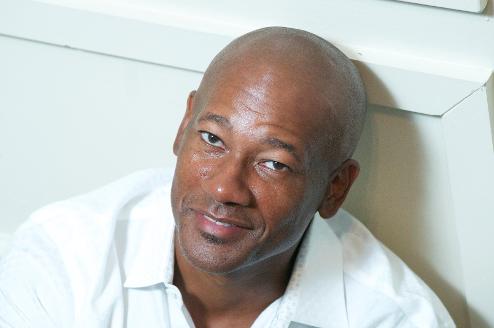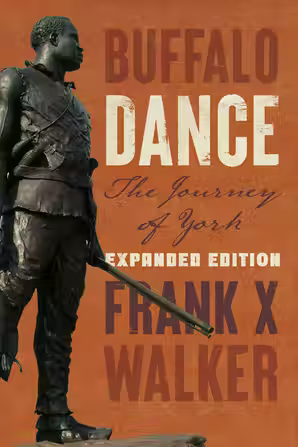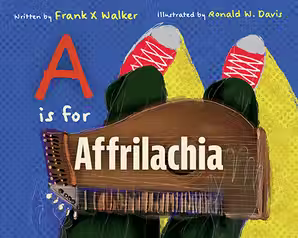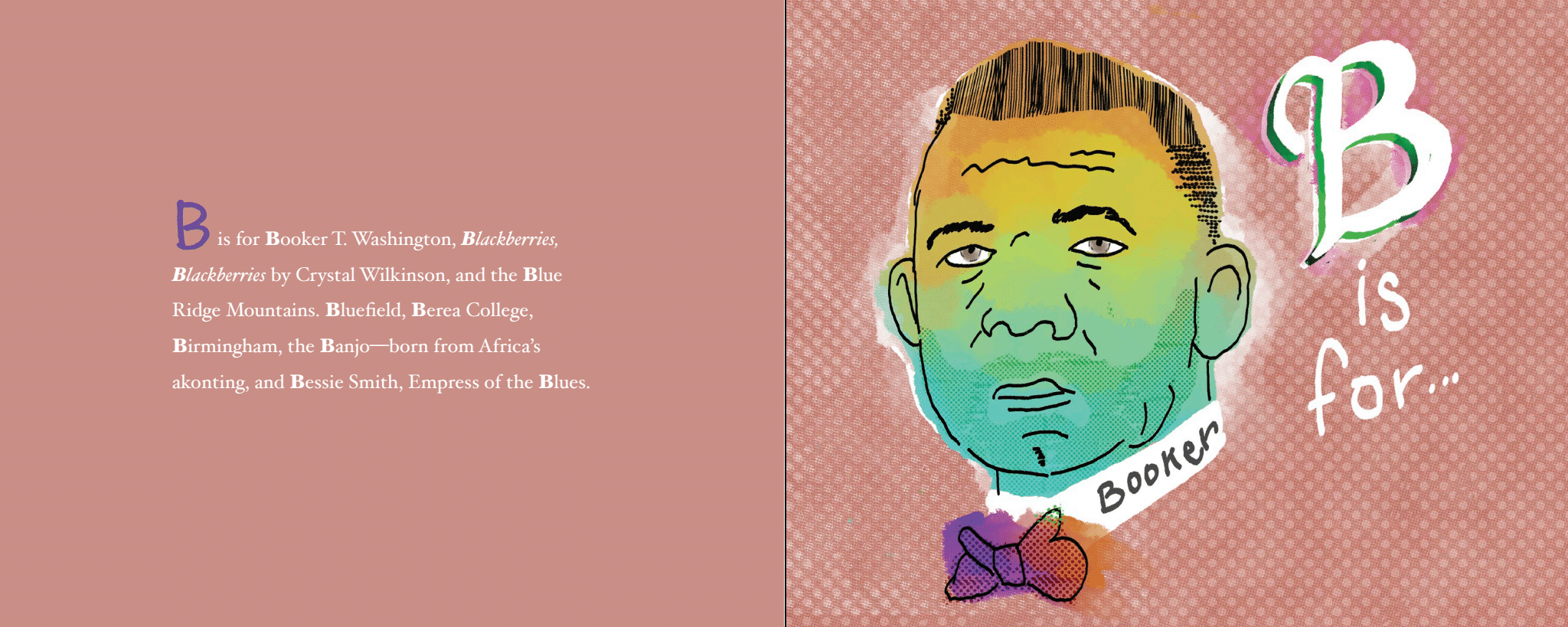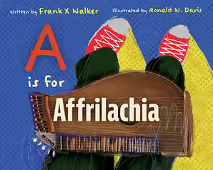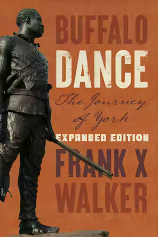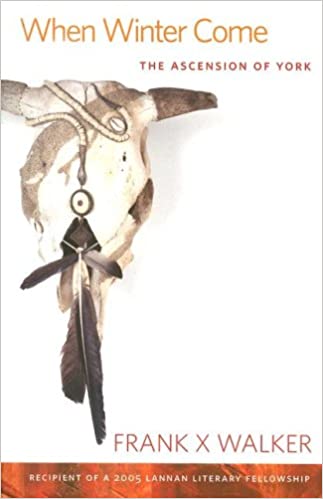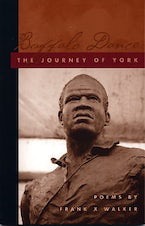Interview
Interview with Frank X Walker
photo: Patrick Mitchell
Frank X Walker, a native of Danville, Kentucky and the first African American writer to be named Kentucky Poet Laureate, is a writer, artist, and educator who has published twelve poetry collections. Walker coined the term “Affrilachia” and co-founded the Affrilachian Poets. His 2013 collection, Turn Me Loose: The Unghosting of Medgar Evers, won the 2014 NAACP Image Award for Poetry and the Black Caucus American Library Association Honor Award for Poetry. His collection Buffalo Dance: The Journey of York, won the 2004 Lillian Smith Book Award, and he adapted for the stage his collection Isaac Murphy: I Dedicate This Ride, which earned him the Paul Green Foundation Playwrights Fellowship Award.
Voted one of the most creative professors in the south, Walker’s honors include a 2004 Lannan Literary Fellowship for Poetry as well as fellowships and residences with Cave Canem, the National Endowment for the Humanities, and the Kentucky Arts Council. In 2020 Walker received the Donald Justice Award for Poetry from the Fellowship of Southern Writers. The recipient of honorary doctorates from University of Kentucky, Transylvania University, Spalding University and Centre College, Walker is the founding editor of pluck! The Journal of Affrilachian Arts & Culture and serves as Professor of English and African American and Africana Studies at the University of Kentucky in Lexington.
We talked to Frank X Walker about one of his most recent projects: an updated and expanded version of his 2004 award-winning collection, Buffalo Dance: The Journey of York. According to his publisher, University Press of Kentucky, this updated edition uses “a blend of extensive historical research, interviews, transcribed oral histories from the Nez Perce reservation, art, and empathy to breathe new life into an important but overlooked historical figure. Featuring a new introduction, preface, and sixteen additional poems, this powerful work speaks to such topics as race, literacy, slavery, and Native Americans, while reawakening and reclaiming the lost ‘voice’ of York.”
It has always troubled me a bit that the book was more popular out west than in Kentucky. I fear that people don’t think of it as a Kentucky story, although nine young men from Kentucky along with York and Clark all joined the expedition at the Falls of the Ohio.
Nothing is more certainly written in a book of fate than that
these people are to be free. ~Thomas Jefferson
"Traveling Men” from Buffalo Dance: The Journey of York, expanded edition by Frank X Walker; reprinted with permission of University Press of Kentucky.
_____________________________________________
Home Archives Fiction Poetry Creative Nonfiction Interview
Featured Artist Reviews Multimedia Masthead Submit
_____________________________________________

